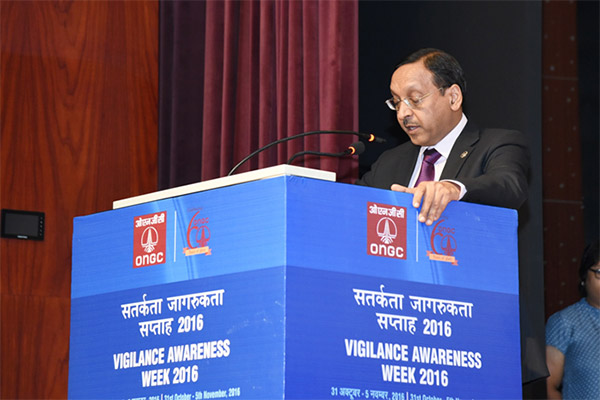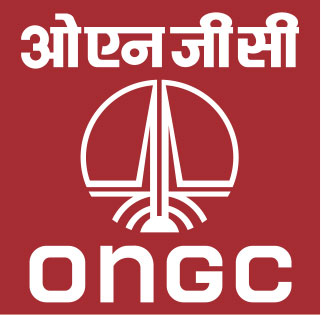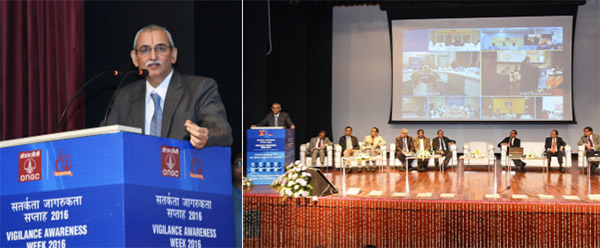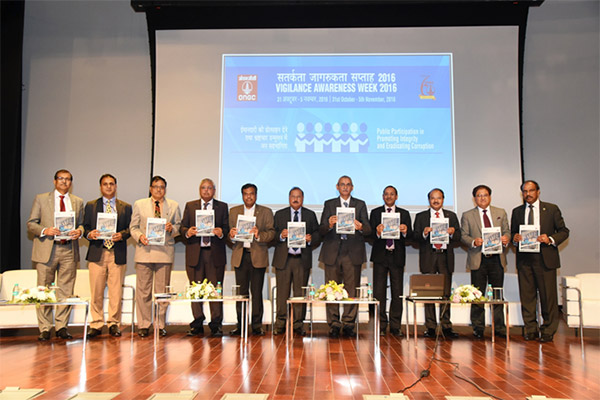Sea Survival Training
- Why is Sea Survival Training critical?
- ONGC’s Sea Survival Centre: A National, and indeed, a Global asset
- Safety is paramount and valuable
- A Training for all!
- Other important training protocols
सीवीसी के वी चौधरी ने पारदर्शिता के प्रति ओएनजीसी के प्रयासों की सराहना की
The Central Vigilance Commissioner (CVC) of India, Mr K V Chowdary has complimented Oil and natural gas Corporation Ltd (ONGC) for its sustained efforts towards improving its systems, procedures and manuals.
Inaugurating ONGC’s Vigilance Awareness Week-2016, the CVC expressed happiness that since the programme was being webcast across the company, it gave him opportunity to interact with 33,000 employees of ONGC from one platform.
 CMD Mr Dinesh K Sarraf addressing the gathering
CMD Mr Dinesh K Sarraf addressing the gathering
He also appreciated the observation of ONGC CMD that each of 33,000 ONGC employees is a Vigilance officer and is meant to remain vigilant in his/her area of activity at all times.
Speaking on the occasion, the CVC said, ”Such an approach is admirable as many people these days look at Vigilance as merely a fault finding system.Therefore,ONGC’s culture of being vigilant in its day-to-day operations is noteworthy and laudable”.
Earlier, CMD, ONGC, Mr Dinesh K Sarraf administered the Vigilance pledge to ONGCians. In his address, CMD thanked Mr Chowdary for choosing to inaugurate the Vigilance Awareness Week 2016 at ONGC at a time when similar exercise is being carried out in hundreds of Central Government Offices and PSUs.
Mr Sarraf said that ONGC believes in continuous improvement and looks for further ways to improve processes to make them even more efficient, transparent and participative.
He said, “Transparency and continuous dialogue with stakeholders to improve processes is in our DNA. Systems like e-tender, invoice monitoring system, grievance management and vigilance portal - all are steps towards promoting transparency”.
He said that ONGC was the first company to implement the Integrity Pact; the energy major implemented the whistleblower policy even before it was made mandatory.



